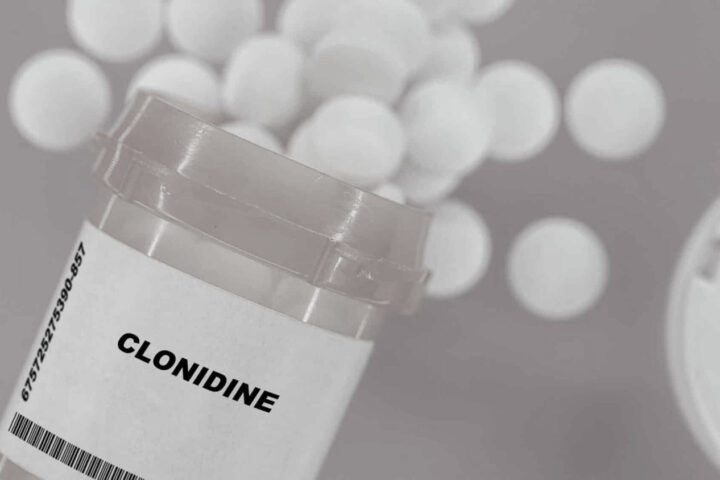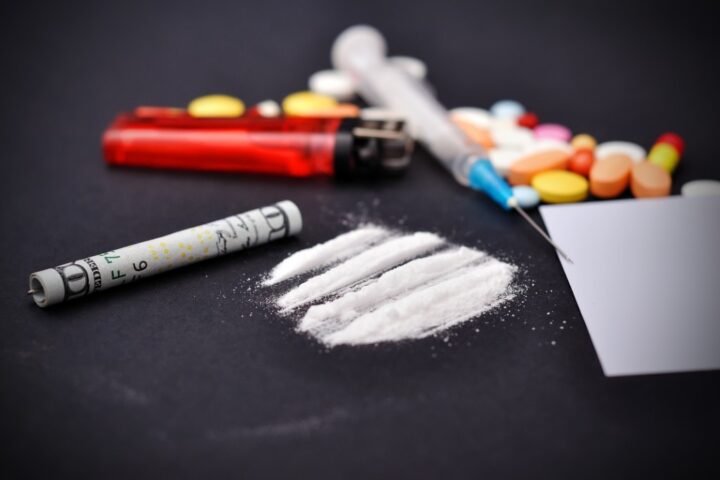The question of whether a person should be held accountable for acts committed while under the influence, is a conundrum we have been struggling with for ages. Even today there are still widely differing opinions. Depending on cultural, judicial, religious and personal values, attitudes range from leniency to rigid condemnation.
Social and Personal Realities
We all accept that certain standards must be maintained to ensure good order in society. There is usually very limited space for average individuals to escape some form of punishment when they break a law. However, we do have more leeway with interpersonal responses in our private lives.
People are complex beings with strong emotional impulses. While self-discipline and flawless behaviour are noble goals that society insists on, it is unrealistic to expect people to perform like impassive machines all the time. The dilemma is that, in our private lives, we don’t always know when we should be lenient and forgiving when people misbehave.
Our intellect enables us to abusively exploit leniency. For instance; anybody can plan a nasty deed while sober and deliberately take a mind-altering substance, before or after committing the premeditated act, and then offer a false plea of diminished responsibility to obtain forgiveness. Such incidents frequently lead us to doubt the true motives of other people.
There are many debates about liability for acts committed while intoxicated. In the austerity of a courtroom, legal professionals can resolve disputes by means of litigation guidelines, evidence and clinical arguments. However, in our private lives we are often hamstrung by personal circumstances, rampant emotions, confusion, violence and ignorance – this can result in wrong decisions being taken.
Arguments Against Leniency
A major argument against leniency, is that individuals take the decision to become intoxicated while they are still sober. As such, they are deemed to consciously and willingly accept the inherent risks involved and must accept responsibility for any misconduct they commit afterwards. This is primarily a legal maxim, but it does spill over into private matters too.
Some people allege that errant users willfully disregard freedom of choice, because there are known, better solutions for problems like anxiety, and nobody forces you to take a drug to relieve stress. They feel drug-induced escapism is an avoidable decision, taken despite knowledge about the danger it presents.
Another prevalent perception is that a person’s true character is revealed when they become intoxicated. In other words; they had unsavoury traits before they even touched a drug. Inebriation merely exposes their inherent personality flaws and, therefore, they deserve punishment.
Some feel that substance use disorder is not really a disorder. They believe that it is a condition that people adopt under the pretense of being the victims of long forgotten events. As it does not manifest by itself, over-indulgence, in this context, is seen as a deliberate, misleading and self-inflicted conduit for reckless behaviour.
Poor self-discipline, recklessness, irresponsibility, rebelliousness, obstinacy, weakness of character, poor ethics or morals, willfulness, unreliability, betrayal and similar blunt accusations, without supportive rhetoric, often surface when someone misbehaves due to insobriety.
Arguments For Leniency
If we look past legal systems and outright criminal activities, over which we have little or no control, then it becomes obvious that we have significant personal scope to apply our own rules of leniency and forgiveness to the average person who trespasses while under the influence.
Alcohol and drugs can warp people’s inhibitions and make them do things they would never have done when sober. This often gets them into trouble. However, as a rule of thumb, misbehaviour is due to the effects of the mind-altering substance, rather than the nature of the affected person. Within reason, intoxication can be a mitigating factor.
One distinguishing factor is whether the intoxication was intentional or unintentional. This is not as simple as it seems. Even people who take alcohol or drugs without being forced or duped, may become unintentionally intoxicated.
A prime example of voluntary, yet unintentional intoxication is an introvert who is obliged to attend a party. They may be unable to socialise without soothing their anxiety with alcohol. Due to the delayed effect of alcohol, they may take more before the effect of a previous drink is felt. Once the alcohol has impaired their discretion, they may take even more alcohol. The action was voluntary, but it was not their intention to over-indulge.
Another example of unintentional intoxication is the person who accepts a drink in order to be sociable and then gets carried away by the effect of the alcohol and the ambience of the event. They may lose their sense of temperance and end up being incapacitated, or start behaving out of character.
The worst situation is outright involuntary intoxication due to drugs being slipped into a person’s drinks without their knowledge. This is often happens to females who end up going home the next morning and facing the wrath of anxious family members or partners.
Another factor to consider, is the normal or typical conduct of a person when they are sober, in contrast to how they behaved when they were befuddled.
Misconduct by intoxicated people is rarely a reflection of their inherent nature. Given the fact that we all have the potential to commit crime, but are reined in by our respect for society, such an argument insinuates that all of us are criminals. Intense scientific tests have shown that chemicals do stimulate behaviour contrary to a person’s nature. It is the substance, not the person, that usually drives the deed.
The idea that intoxicated people always ignore freedom of choice is misguided. Most people do not want to make fools of themselves, and deeds committed when they are tipsy are not always premeditated evils. Though there are exceptions, most of the time it happens without planned malicious intent.
A further consideration, is whether the person is the victim of a mental or behaviour disorder. It is an established scientific fact that people who frequently over-indulge, most often do so because of emotional wounds or mental disorders.
People do not conspire to contract substance abuse disorders on purpose. Invariably, it develops gradually and without the user noticing the warning signs. When users realise they have a problem, they are already trapped in a vicious cycle.
Vague, blunt or unsubstantiated accusations of moral or religious flaws are usually based on historical views passed on by earlier generations and often lack cognitive evaluation. Statements not backed up by substantive facts or coherent reasoning come across as hollow and serve no productive purpose.
Many doomsayers and uninformed advisors zealously urge people to end their relationship with someone who stepped out of line, or incite them to take revenge. Although a deed may anger or disappoint you, time has a way of healing wounds. When a relationship falters due to a serious alcohol- or drug-related issue, it can be remedied with psychological therapy.
Disclaimer: The perspectives in this article do not represent professional legal opinions or personal health advice. Individuals are required to consult suitably qualified legal and health experts for personal advice applicable to their specific circumstances.



